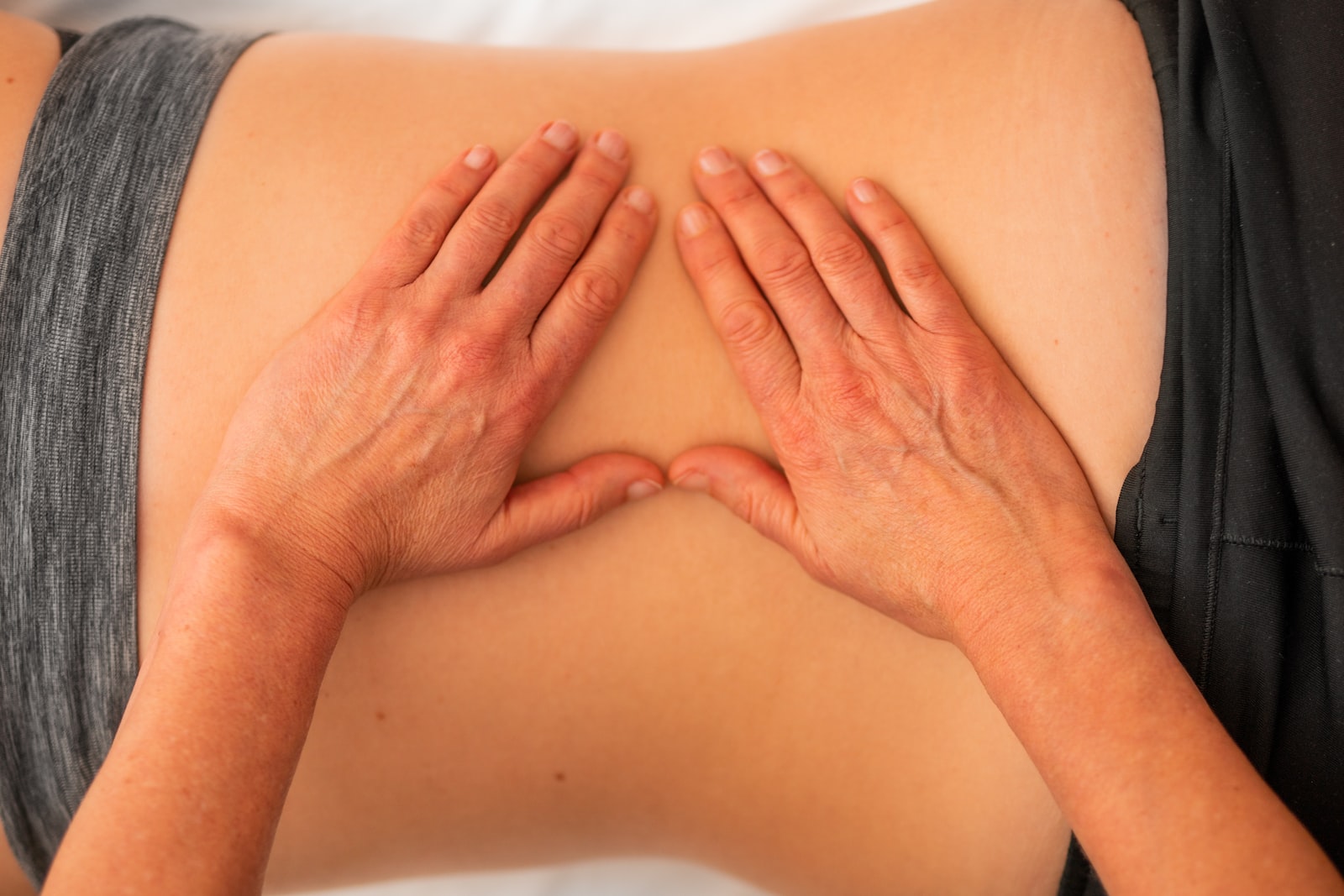Postnatal physiotherapy is a great way to help new moms get their bodies back in shape after childbirth. It can be used to reduce pain, improve posture and mobility, and even help with the body’s recovery from labor and delivery. If you are looking for postnatal physiotherapy near you, there are many options available.
From private practices to hospital-based services, there is sure to be something that meets your needs. This article will provide an overview of what post natal physiotherapy in Singapore entails and how it can benefit new mothers. Additionally, we will provide helpful tips on finding the right postnatal physiotherapy provider near you.
Types of Post-Natal Physiotherapy
A post-natal physiotherapy is a form of physical therapy that can help new mothers regain strength and mobility after childbirth. It has become increasingly popular in recent years as women look for ways to safely and effectively recover from the physical stress of giving birth. Post-natal physiotherapy focuses on restoring posture, flexibility, balance, and strength, while also helping to reduce pain and discomfort associated with the postpartum period.
There are many different types of post-natal physiotherapy that can be used to help new mothers recover from childbirth. Depending on individual needs, some women may benefit more from certain types than others. Here are some common types of post-natal physiotherapy:
1. Pelvic Floor Muscle Training: This type of post-natal physiotherapy focuses on strengthening the pelvic floor muscles which support the bladder, uterus, vagina, and rectum in order to improve continence control (i.e., being able to hold urine or feces). Strengthening these muscles helps reduce incontinence issues as well as pelvic organ prolapse (when organs drop lower than they should). This type of training usually involves Kegel exercises using weights or biofeedback devices such as EMG sensors (electromyography) which measure muscle activity during contractions.
Benefits of Post-Natal Physiotherapy
Postnatal physiotherapy is an important part of the postnatal period for both mothers and babies. It can help to improve recovery, reduce pain and discomfort, as well as improve function after giving birth. Postnatal physiotherapy has many benefits for both mother and baby.
One of the main benefits of postnatal physiotherapy is that it helps increase strength and mobility in the body. After giving birth, women are often weak from labor or may have muscle imbalances due to carrying a baby in utero for nine months. Physiotherapists can help restore strength, balance, coordination, and flexibility through specialized exercises designed to target specific areas. This will help new moms get back into shape faster and more safely than if they tried to do it on their own without guidance from a professional.
Another benefit of postnatal physiotherapy is that it helps reduce pain associated with childbirth or pregnancy-related injuries such as diastasis recti (separation of abdominal muscles). Pain relief techniques used by physiotherapists can be very effective at reducing discomfort in these areas which may be causing difficulty with daily activities or breastfeeding positions.
Preparing for Post-Natal Physiotherapy
Preparing for post-natal physiotherapy is an important step in helping to ensure that you have a successful recovery after childbirth. The aim of physiotherapy is to help you recover from the physical and emotional changes your body has gone through during pregnancy, labor, and delivery, as well as to prepare you for the demands of parenting. This article will provide some tips on how to prepare for post-natal physiotherapy and make the most out of your appointments.
Firstly, it’s important to identify any issues or concerns that you may have about your body before attending a session with a physiotherapist. For example, if you’ve been experiencing pain or discomfort in certain areas due to pregnancy or childbirth, then make sure that these are shared with the therapist prior to treatment commencing. This will allow them to tailor their approach more specifically toward addressing these particular issues.
Finding a Qualified Physiotherapist Near Me
If you are looking for a qualified physiotherapist near you, there are many factors to consider. Physiotherapy is a specialized field of medicine that focuses on treating physical ailments and restoring mobility and function. When searching for a qualified physiotherapist, it is important to look at their credentials, training, experience, and any specializations they may offer.
The first step in finding a qualified physiotherapist near you is to research local providers in your area. Many clinics have websites and social media pages that provide detailed information about their services as well as patient reviews. This can give you an idea of the type of care the clinic provides and whether or not it’s the right fit for your needs. Additionally, medical directories such as Healthgrades or Vitals can provide comprehensive profiles of licensed practitioners including education background, board certification status, and patient feedback ratings.
When selecting from various options of qualified providers in your area, consider what type of treatment best suits your condition or injury as well as any unique needs you may have such as language preferences or access to specific equipment. It’s also important to find out if they accept insurance coverage so that cost isn’t an issue when receiving treatment services.
Post-natal physiotherapy is an important part of the recovery process for new mothers. It helps to strengthen the muscles and restore function in areas affected during pregnancy, as well as helping to reduce pain and discomfort. With so many options available for post-natal physiotherapy near you, it is easy to find a trusted professional who can help you get back on your feet and feel great again.


